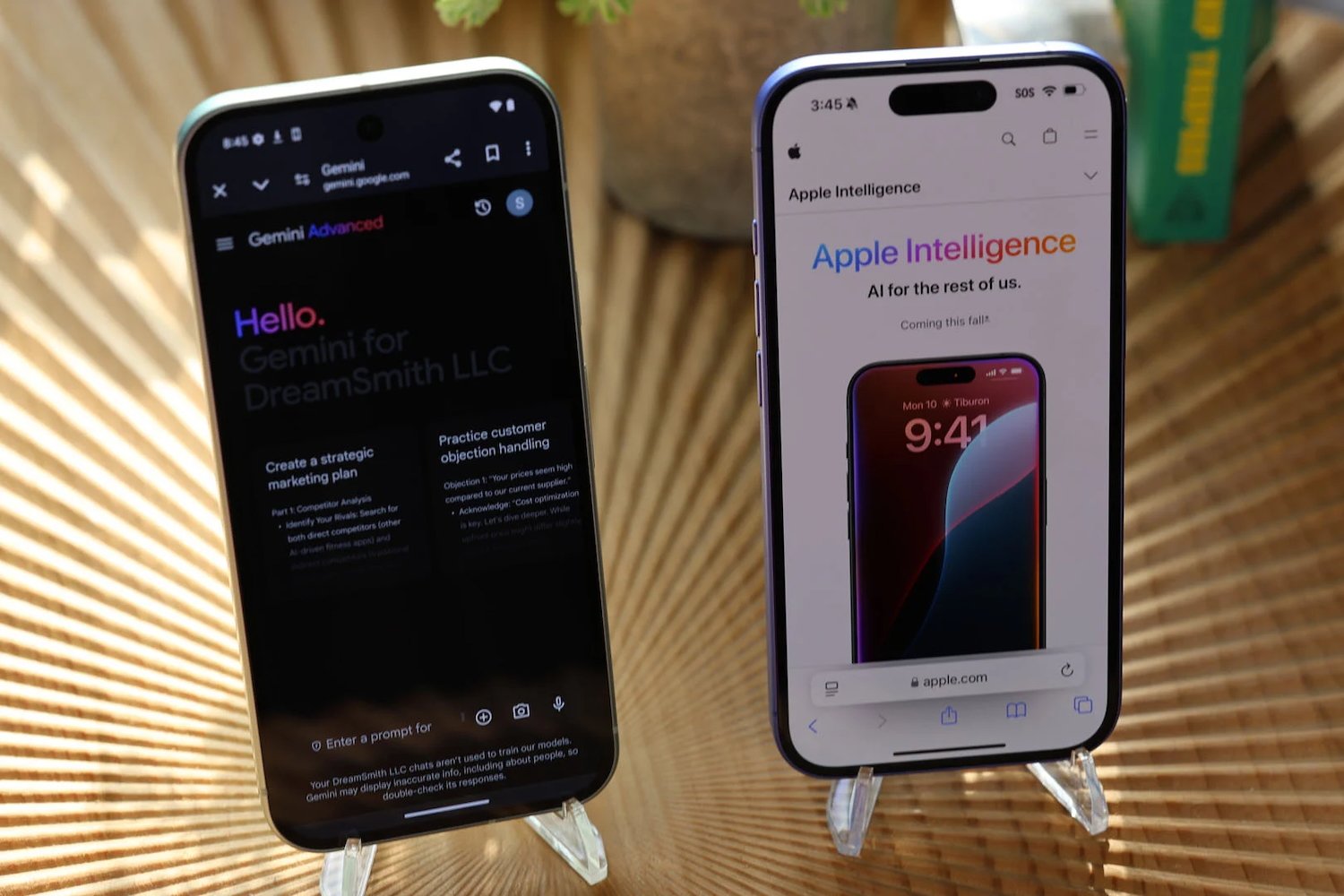Apple has yet to announce a concrete release date for its AI-powered Siri, and recent reports from reliable sources suggest it might not arrive anytime soon. This delay, however, could be a strategic advantage for Apple and its users.
Apple’s foray into AI began in October, but its chatbot capabilities are still far behind competitors like Google’s Gemini. Bloomberg’s Mark Gurman reports that iOS 19, expected to debut at WWDC 2025, might include the new Siri, but the actual launch could be delayed until spring 2026, possibly with iOS 19.4. This “LLM Siri” is still months away, while Google continues to advance Gemini with features like real-time responses to video and screen content.
Is the Delay a Concern for Apple Users?
While Apple could still surprise us, integrating its existing Siri architecture with modern AI is proving challenging. A truly conversational Siri might not be available until 2027, and iOS 19 may not offer significant AI advancements. This apparent lag behind the AI trend could be a deliberate choice, allowing Apple to focus on device performance rather than energy-intensive AI features.
Recent iOS updates have brought Apple Intelligence to iPhone 15 Pro and iPhone 16 users, consuming increasing storage space despite limited user interest in AI as a primary purchase driver. Perhaps Apple will deviate from its usual approach and support other AI models like Google’s Gemini, as suggested by recent code leaks. However, this integration might be as limited as OpenAI’s current collaboration with Siri.
The Evolving Landscape of AI Assistants
Amazon recently unveiled Alexa+, an AI-powered system for Echo Show devices with an enhanced UI for conversational control of smart home features, shopping, and entertainment. While impressive, these demonstrations were within a closed ecosystem, and real-world performance remains to be seen. Alexa+’s reliance on a website and app contrasts with Apple’s potential to integrate AI directly into iPhones, MacBooks, and Vision Pro. The challenge for Apple is to make chatbot functionalities truly compelling for users.
Balancing AI with Core Functionality
Every major tech company has promised AI-powered assistants, but their usability often falls short. Google’s Gemini on devices like the Samsung Galaxy S25 can access emails and perform some cross-app tasks, but it doesn’t fundamentally change phone usage. Apple’s AI features, like Image Playground and AI emojis, have had limited impact.
Instead of focusing solely on AI, Apple could prioritize improvements in core device functionalities. Features like a better refresh rate on base iPhone models might be more valuable to users than AI enhancements. The increasing price of iPhones, especially the $600 iPhone 16e, becomes harder to justify if substantial AI capabilities remain distant.
In conclusion, while the delay of Apple’s AI-powered Siri might seem like a setback, it could be a strategic move to refine its approach and deliver a truly valuable AI experience. However, Apple needs to balance its AI ambitions with improvements to core device functionalities to justify the increasing cost of its products.











